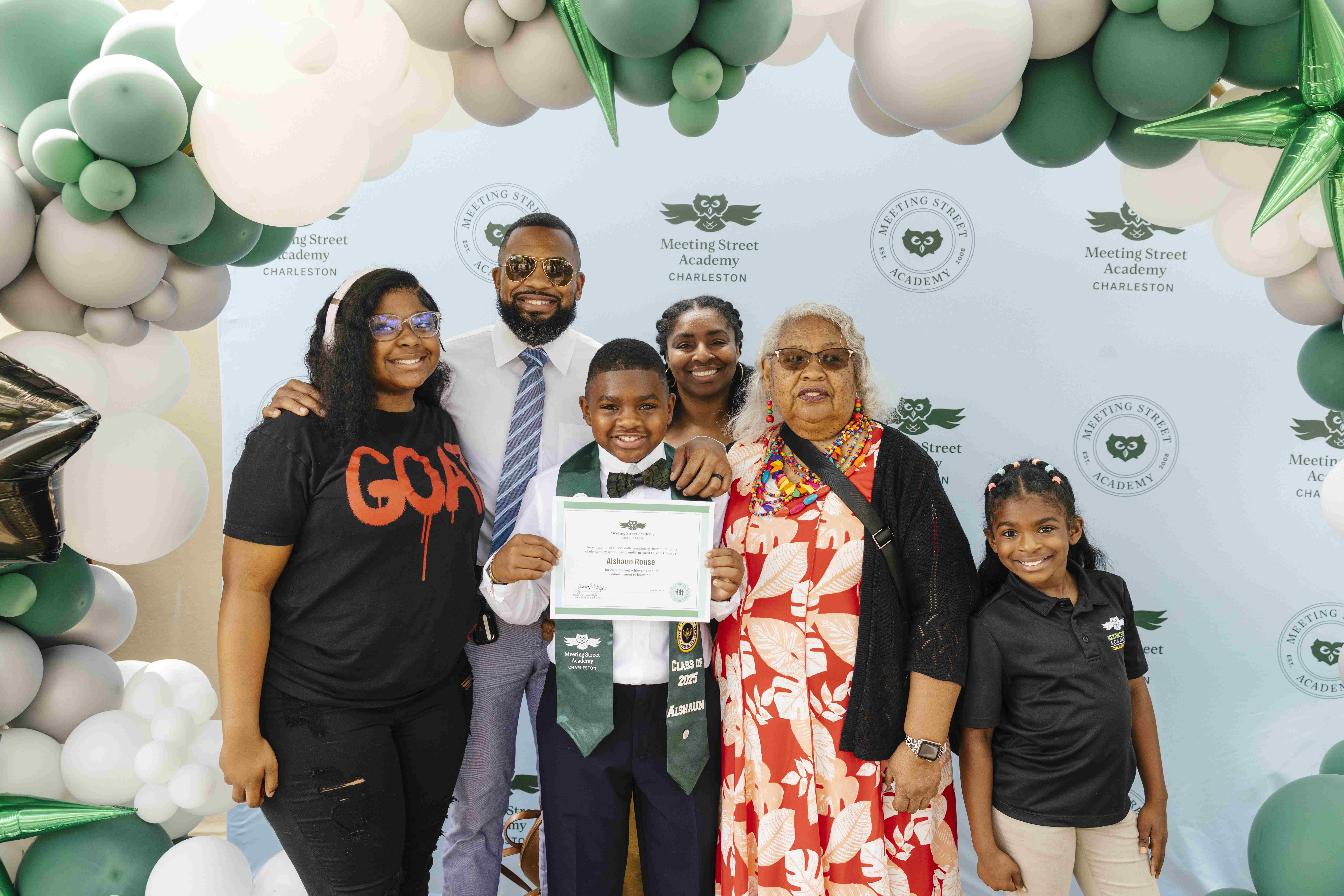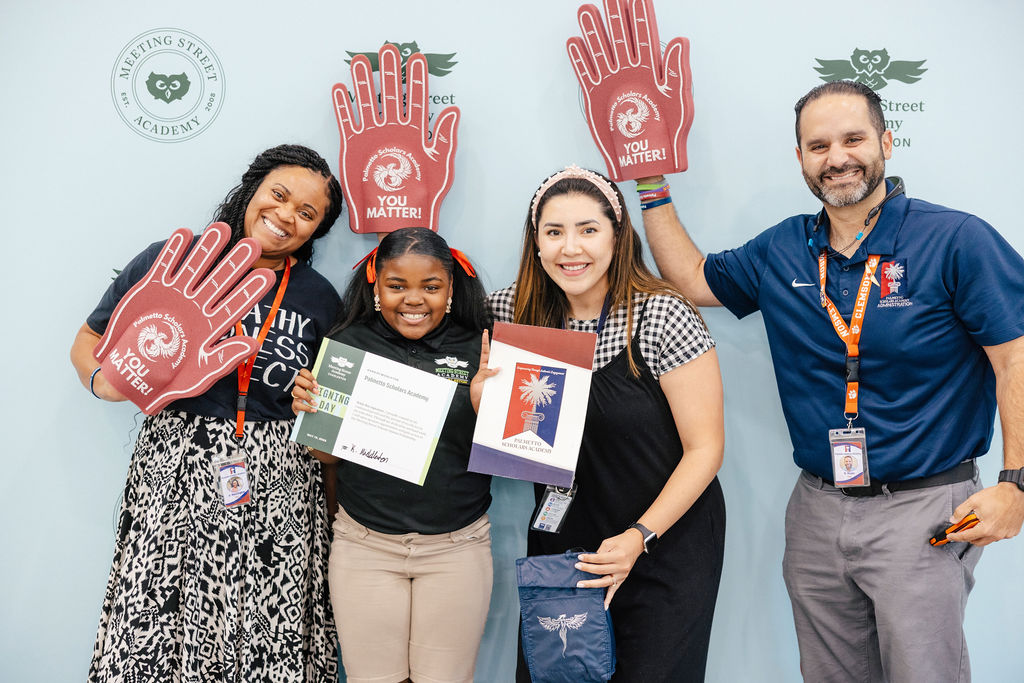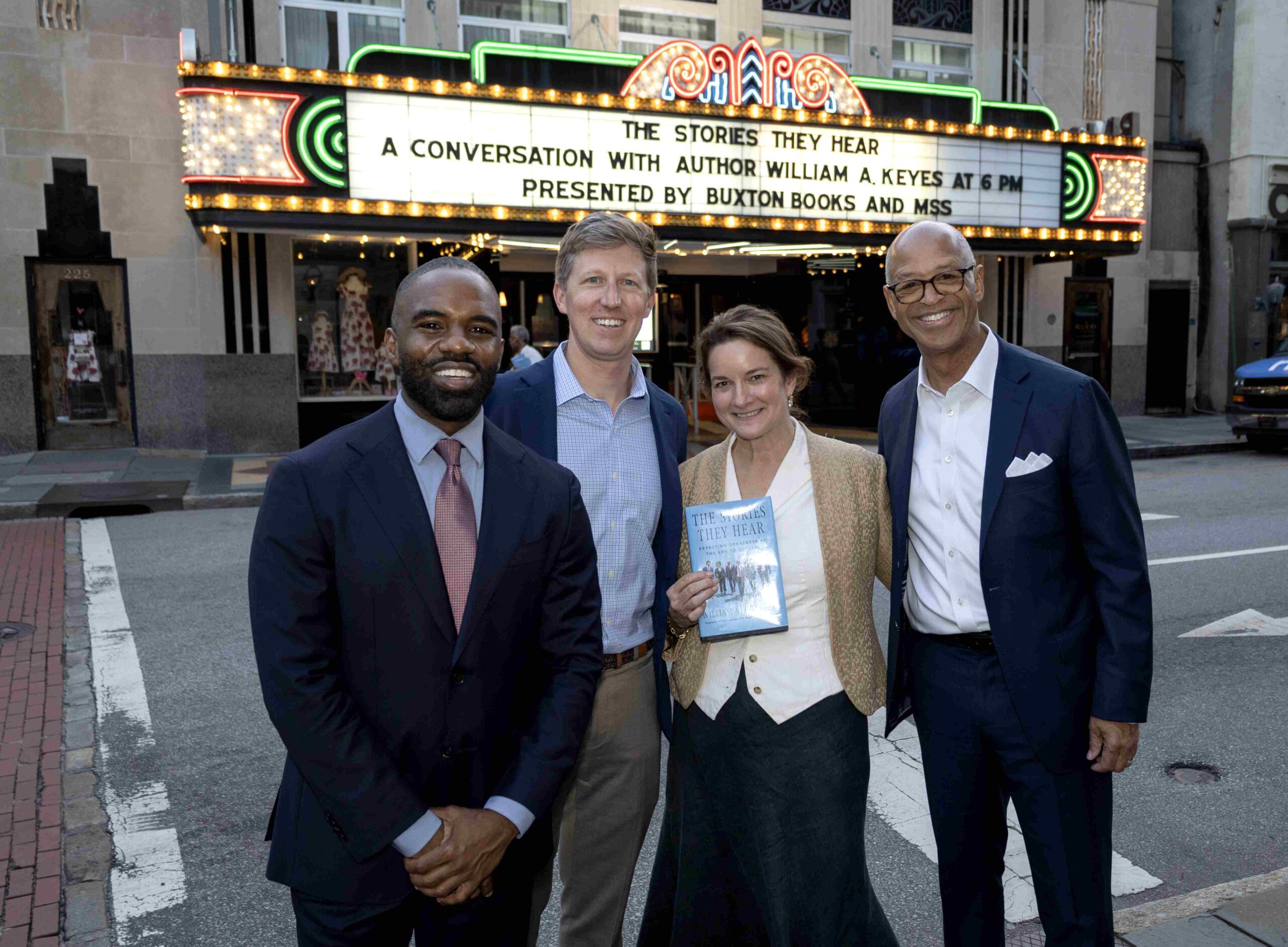Participant Centered Learning
According to an article by Diane Thielfoldt, “Participant Centered Learning–See It! Try It! Got It!”, “learning” is defined as “a way of living” and being in the world. It’s a social experience, which strengthens an individual’s desire to explore new things by connecting them with other people and then relating those connections to 1. What they are already doing and 2. What they already understand how to do.
Creating Joy
To ensure your professional development trainings are impactful for your participants, it can be helpful to think of how they can be linked to the work we do everyday and how they may affect our interactions with others. When we approach learning in this way, it creates a space for innovation, engagement, higher performance, and ultimately, joy, for your employees.
When this style of learning is woven into an organization’s culture, it paves the way for individuals to become leaders and influencers. By getting to “do” instead of being “told”, individuals are able to develop into influencers and contributors within their organization, according to an article by Richard Sheridan, author of Chief Joy Officer: How Great Leaders Elevate Human Energy and Eliminate Fear.
Implementing a Feedforward Model
One specific example of this type of strategy is to shift from the end of year evaluation and performance review to the “feedforward”model. “Feedforward” is a term coined by Martin Goldsmith that favors regularly provided suggestions for behavior change “moving forward” throughout the year instead of stagnant, one-time evaluation sessions. At MSS, all team members have a coach or point person whom they meet with on a regular basis to engage in these types of forward movement conversations. This framework for learning can also be applied when planning professional development days.
8 Items to Consider When Planning Professional Development
At MSS, we have come up with 8 items for educators to consider when planning professional development. Whether it’s for your grade level team, department, or organization, thinking through the below suggestions can help your attendees learn by “doing”. Ultimately when we approach learning in this way, we provide our participants with a high impact experience that will serve to create more opportunities for connections and joy to be found throughout the school year.
1. Start with your “why”?
What is the overall mission of the organization? What are you working to achieve?
At MSS, we believe that a child’s zip code should not determine their access to high quality education and that by the time our students reach 5th grade, 85% should be at the 85% percentile in math and reading. Therefore, any professional development that we plan needs to connect back to this why. We choose courses that are designed to equip teachers and staff with the tools they need to ensure that our students are progressing and achieving and that kids always come first.
2. Know your organization’s values.
As long as your plans remain in line with your organization’s values, you will stay on track when it comes to guiding your team members to reach their goals.
At MSS, in addition to academic achievement, a cultural core of our organization is the of our Path to Success traits. These are a set of traits that serve to drive our work, our approach and our focus. These traits are:
- Grit
- Gratitude
- Optimism
- Empathy
- Citizenship
- Integrity
- Self-control
- Curiosity
These values are part of our everyday lexicon as an organization. The words are not only written on the walls of our school buildings, but they’re put into action each and everyday as we approach our work and our students. They remain at the very forefront of our mindset. Staying true to these values helps to keep professional development messaging authentic, accessible and impactful.
3. Know your audience
Who: We encourage thinking beyond general course registration (name, job title, etc.). Instead, think about the generations present in your workplace. Are there large groups of Millennials and/or Gen Z team members that will be present? If so, what are their learning styles? What are their learning priorities? How can these be seen as strengths to be blended with organizational goals?
Understand Needs: What connections does your intended audience need to make and with whom in order to master their job performance?
4. What question do you want your attendees to walk away being able to answer?
Starting with a well framed question leads us to a focused and intentional outcome. For instance, one question we want our team members to be able to answer through our PD is: What is my purpose within this organization? Through intentional PD program design, team members should be able to walk away with:
- An understanding of the organization mission
- Where they fit in that mission
- Empowerment to act in the direction of that mission throughout the year
5. What culture do you want to create?
According to Ingrid Fetell Lee, author of The Aesthetics of Joy, whenever leaders model joy and make it safe for team members to express happiness in the professional environment, it leads to a culture of joy throughout the school building.
6. Who is on your planning team?
Think about the team members who can work together with you to determine the following:
- Who can help capture the message you want to send and push your thinking around this message?
- Who can develop their leadership skills through work on this professional development? This is a great opportunity to build teacher leadership within your organization.
7. What should the environment look like?
Ingrid Fetell Lee explained that individuals are 15% more productive when they are working in an “enriched” environment (i.e. an environment that provides sensorial stimulation). Lee encourages us to rethink what we consider distracting in a professional setting and gravitate toward environmental stimuli that can serve to motivate us, increase our energy, creativity, and ultimately, lead to more productivity. This is applicable to the physical location of your training, the learning materials you choose, and how these may or may not appeal to the five senses.
8. How do you communicate this information?
Finally, consider how can you set your attendees up for success by providing them with information around:
- What will they will be learning?
- What are the intended takeaways?
- What questions are left to answer?
- How can they engage in this professional development to the fullest?
To learn more about professional development at Meeting Street Schools, check out our summer PD highlight video below.



